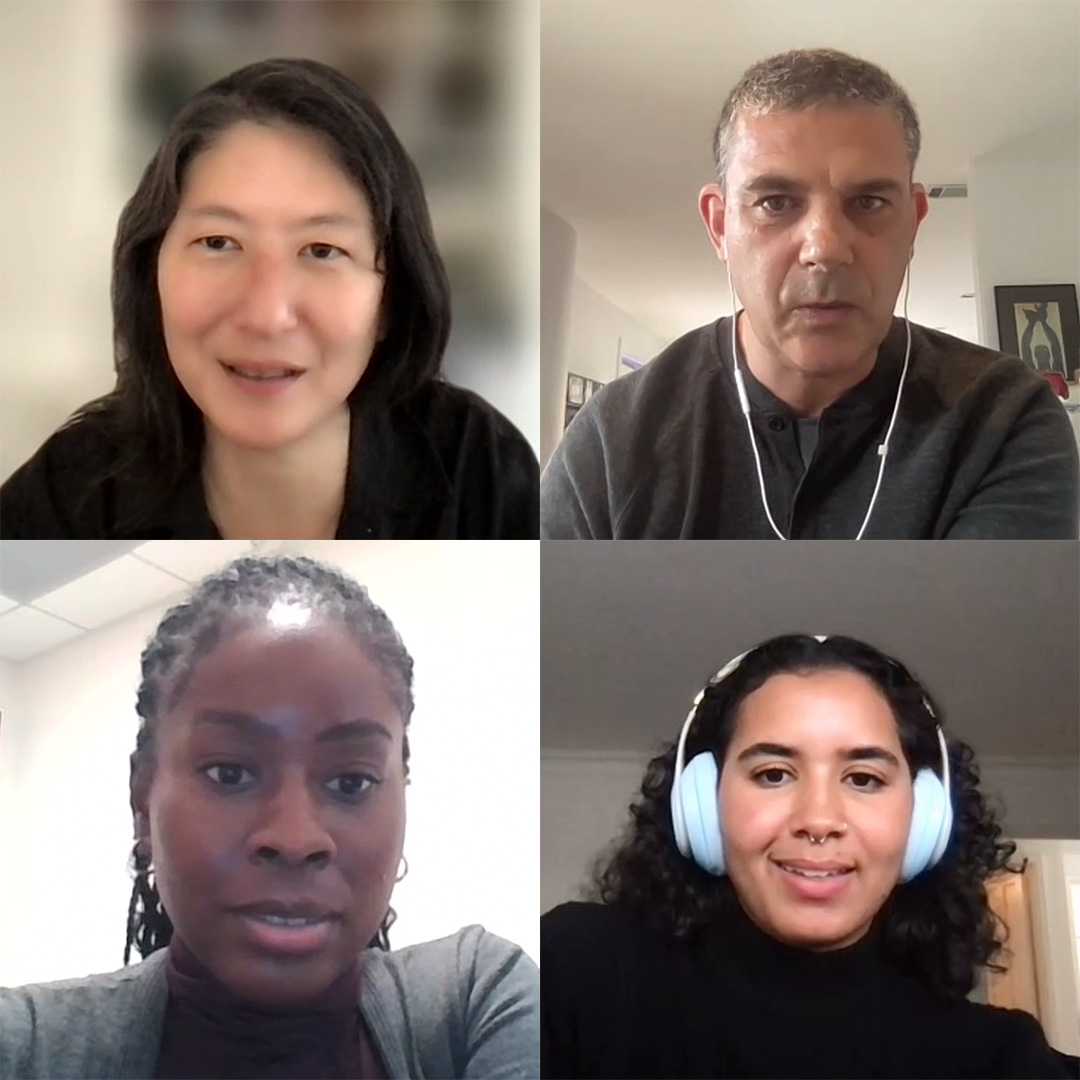Loyola Law School First to Mandate Critical Legal Education

Oct. 12, 2021
Transformative. The word captures LMU Loyola Law School, the first law school in the country to enact and mandate throughout its core curriculum a learning outcome devoted to deconstructing systemic inequality. It reflects the law school’s commitment to Structural Change Within. The required Systemic Inequality Learning Outcome urges the evolution of the teaching and study of law and the culture of legal education to grapple with the law’s relationship to power and subordination in society and exercised through legal regimes.
The learning outcome is required in all first-year foundational courses: Torts, Contracts, Civil Procedure, Criminal Law, Property, and Legal Research & Writing. It is also part of upper-division required courses: Constitutional Law, Evidence and Ethical Lawyering.
So unique is the law school’s policy that Loyola Law School representatives were invited to anchor a panel on the breakthrough initiative at Lat Crit – Resistance and Transformation: Mapping Critical Geographies and Alternative Possibilities in Legal Scholarship and Praxis for the Next 25 Years. Presenters included Professor Kathleen Kim, Associate Dean for Equity & Inclusion; Professor Eric Miller, Co-Chair, LLS Equity & Inclusion Committee and member of LMU Presidential Black Leadership Advisory Council; student Nikki Osunsanmi, president of Black Law Students Association (BLSA); and student Beatrice Greenberg, BLSA advocacy chair.
When the learning outcome went into effect for first-year JD students who entered in the fall 2021 semester that began August 16, it was the culmination of a year-long effort to make the law school authentically anti-racist. Other efforts included the launch of the Loyola Anti-Racism Center (LARC), which challenges and transforms legal regimes that reify structural racism and inequality in the community through forums, policy innovation and clinical collaborations. Professors Kim, Miller and Ocen serve as LARC’s co-directors.
“The study and practice of law involves not just understanding but being able to articulate divergent arguments. A variety of experiences and worldviews is essential to this common endeavor, as are the curricular connections created by our new learning outcome,” said Dean Michael Waterstone. “We cannot engage the role of law in challenging inequality without understanding and grappling with discrimination against marginalized groups—this helps to advance equity and inclusion within our own community.”
In advancing the groundbreaking pedagogy, the LLS Equity & Inclusion Committee composed of faculty, staff and students proposed a new learning outcome on the law’s interaction with systemic inequality for faculty consideration that was passed by a faculty vote on Oct. 16, 2020. The outcome stated: Upon completion of the JD program, students will understand the law’s relationship to systemic inequality based on race, gender, gender identity, sexual orientation, religion, national origin, disability, immigration status and/or socioeconomic status.
On May 7, 2021, the law school faculty voted to mandate the systemic inequality learning outcome throughout all required 1L and upper division courses. To facilitate the implementation of this mandate, LLS faculty receive ongoing pedagogical support and resources in collaboration with LMU’s Office of DEI and the Teaching Toward Justice faculty. These include Teaching with Equity and Inclusion Workshops and subject-matter faculty discussion groups.
“Our mission to deliver educational excellence with a deep concern for social justice embraces our moral and professional duty to engage with and dismantle individualized and structural subordination,” said Kim, inaugural Associate Dean for Equity and Inclusion. “In striving to practice these values authentically as an institution, the administration, faculty, staff and students, work collaboratively to improve Loyola Law School’s curriculum and programs, external community impact and internal structural diversity.”
In the leadup to the curricular reform, rather than incremental reforms enacted through an opaque faculty governance process, students shared their lived experiences and engaged in facilitated dialogue with the law school’s faculty. The faculty voted to endorse institutional policies that require all faculty who teach the above-listed courses to integrate lessons on the law’s relationship to systemic inequality and develop measurement tools to assess students’ achievement of this learning outcome.
“Like most law schools across the country, Loyola Law School understands its role and responsibility to equip future lawyers with a relevant legal education informed by social reality,” said Kim. “This means teaching students to critically examine legal regimes (including law and policy, courts, law enforcement and/or other adjudicators) that reify structural inequality and subordination based on race, gender, gender identity, sexuality, disability, immigration status, age, religion and/or socioeconomic status. Such examination also provides opportunities to consider ways to challenge and dismantle abuses of power rooted in white patriarchal supremacy.”